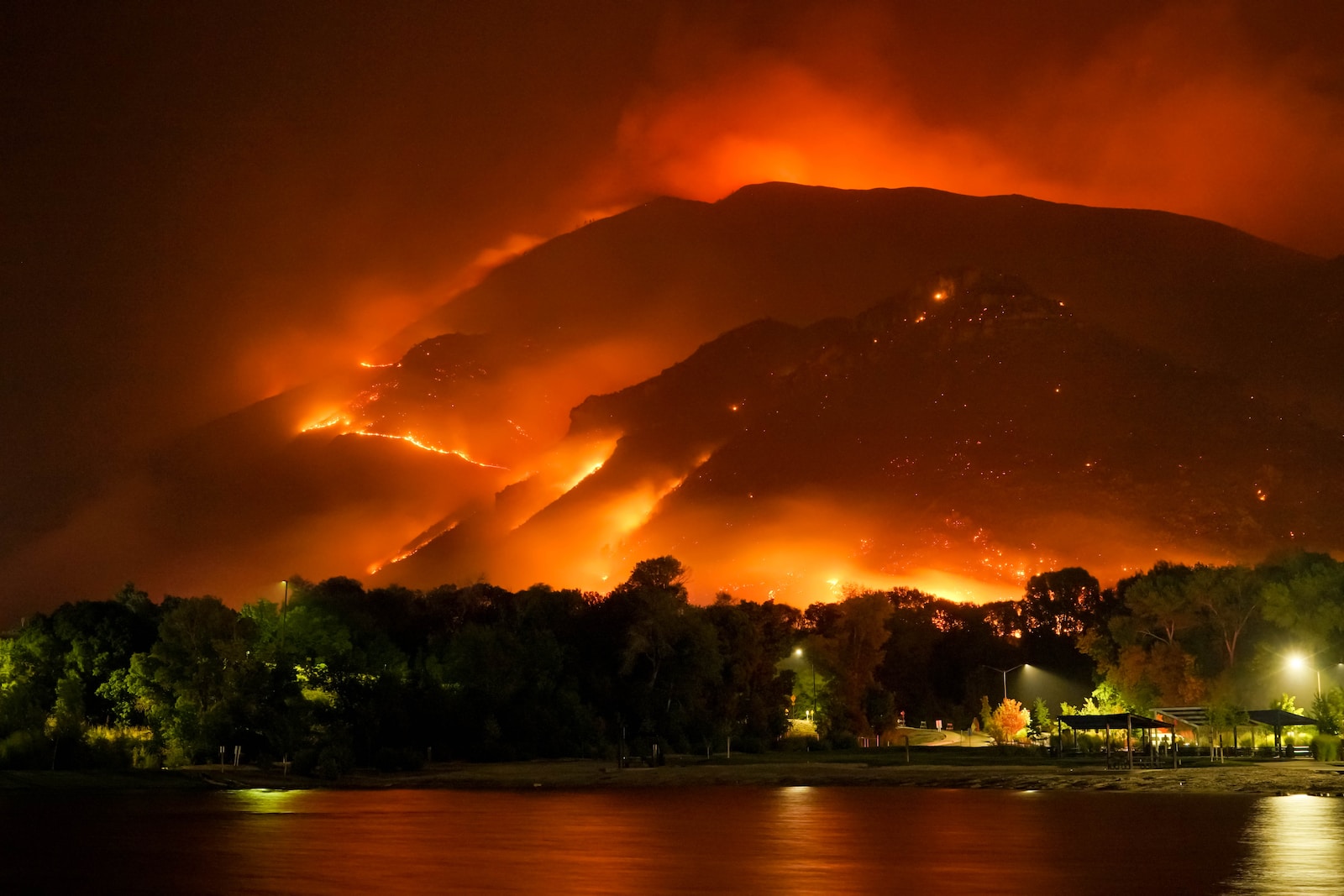
The looming crisis that’s going to crush homeowners from coast to coast

Wildfires surrounding homes
As the risk of wildfires and storms grows, owning a home is getting riskier — and it’s showing up in the insurance market.
Insurance 101
The business of private insurance is the business of balancing risk and profit. To maintain profitability, insurance companies have to take in more in monthly premium payments from customers than they pay out in damage claims. Charge too much, and people could take their business elsewhere; charge too little, and one disaster could wipe out their business. To maintain this balance, companies build complex statistical models to determine just how risky a customer’s home is to insure — and just how much they may need to charge to avoid getting wiped out. If you live in an area that’s prone to wildfires, there is a higher likelihood that the insurer will have to pay out a claim for fire damage, so it charges a higher monthly premium than for someone whose home has a lower risk of burning down. But as the climate crisis has intensified, the increasing risk of disaster is throwing a wrench in this equation.
California, the most populous US state by far, is prone to wildfires. Before the Gold Rush first brought large numbers of settlers to the area in the mid-1800s, it was common for large parts of California to burn every few decades. It was considered a natural process. But in recent decades, the fires have been more frequent and intense because of increased temperatures, droughts, and earlier snow melts in the mountains. Today, California has more wildfire risk than any other state, resulting in more than 1.2 million homes at moderate to severe risk of being damaged or destroyed by wildfires. The extent of the risk has caused insurers to reassess their business in the state. State Farm, the state’s largest home insurer, announced in May that it would stop issuing new policies for homes in California. Allstate had quietly announced a similar move months earlier, in November. Similar pauses have also been implemented by the insurance giants American International Group and Chubb. The reasons for the departure were expressed in different vernaculars — State Farm called it “rapidly growing catastrophe exposure” — but they all amounted to the same conclusion: The state is just too risky.
While the fundamentals of the risk proposition are at the core of the decision, state policies are also a factor. California is among states that cap insurance premiums to try to restrict price gouging and keep prices affordable for customers. But because of the climate crisis, the profitability equation is changing. In 2022, the property-insurance industry experienced its largest underwriting loss — when claims are greater than premiums — since 2011. This has prompted insurance companies to back out of certain markets or pressure states to raise caps on premiums.
“What we’ve seen in the last few years is an increase in the frequency and severity of climate-related disasters,” Benjamin Keys, a professor of real estate at the University of Pennsylvania’s Wharton School, told me. Insurance companies, he said, are “reacting by raising their premiums, by reducing the amount of coverage that they offer, or by exiting entire states altogether.”
Source: Business Insider
Categories: Blog
